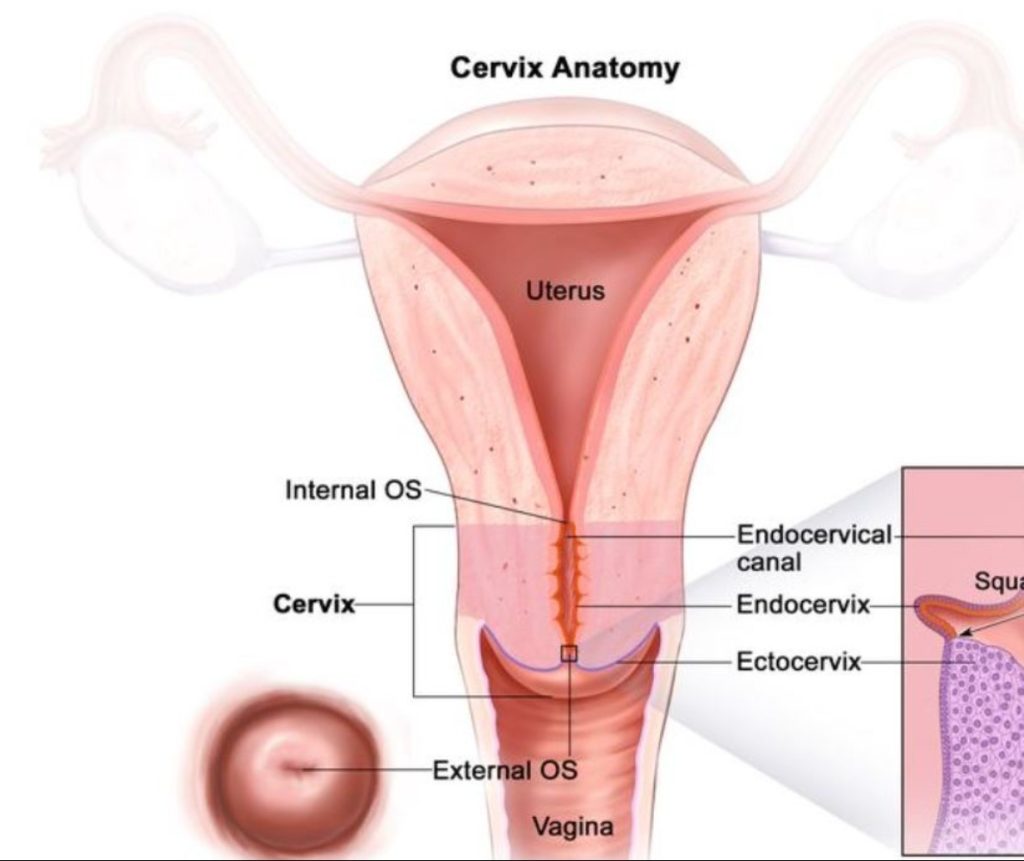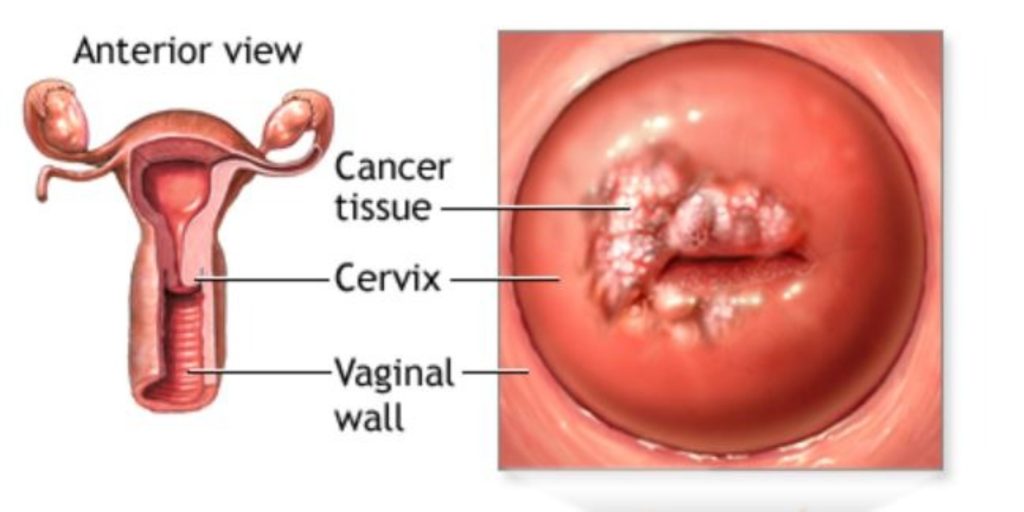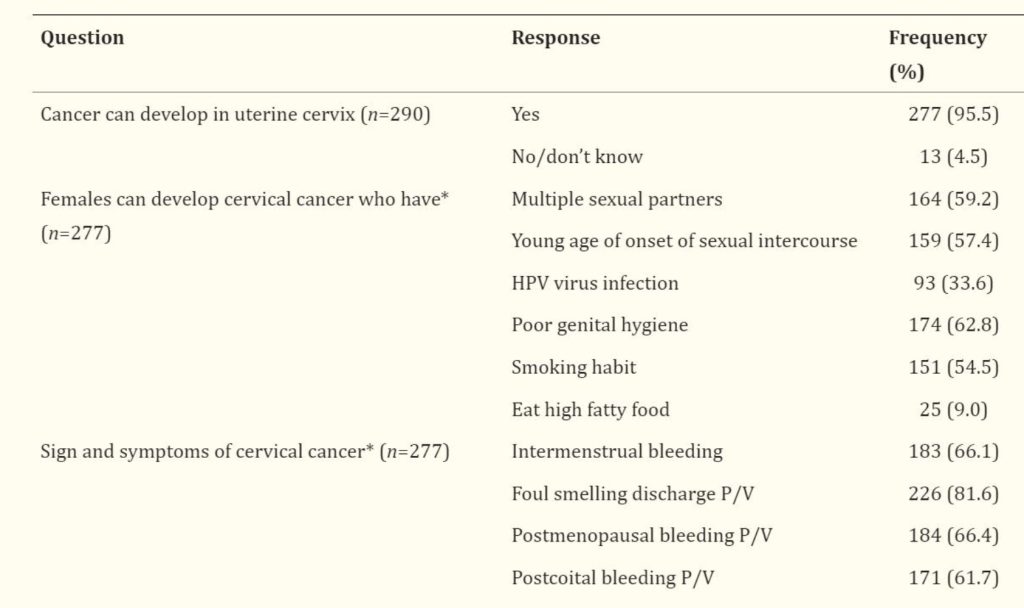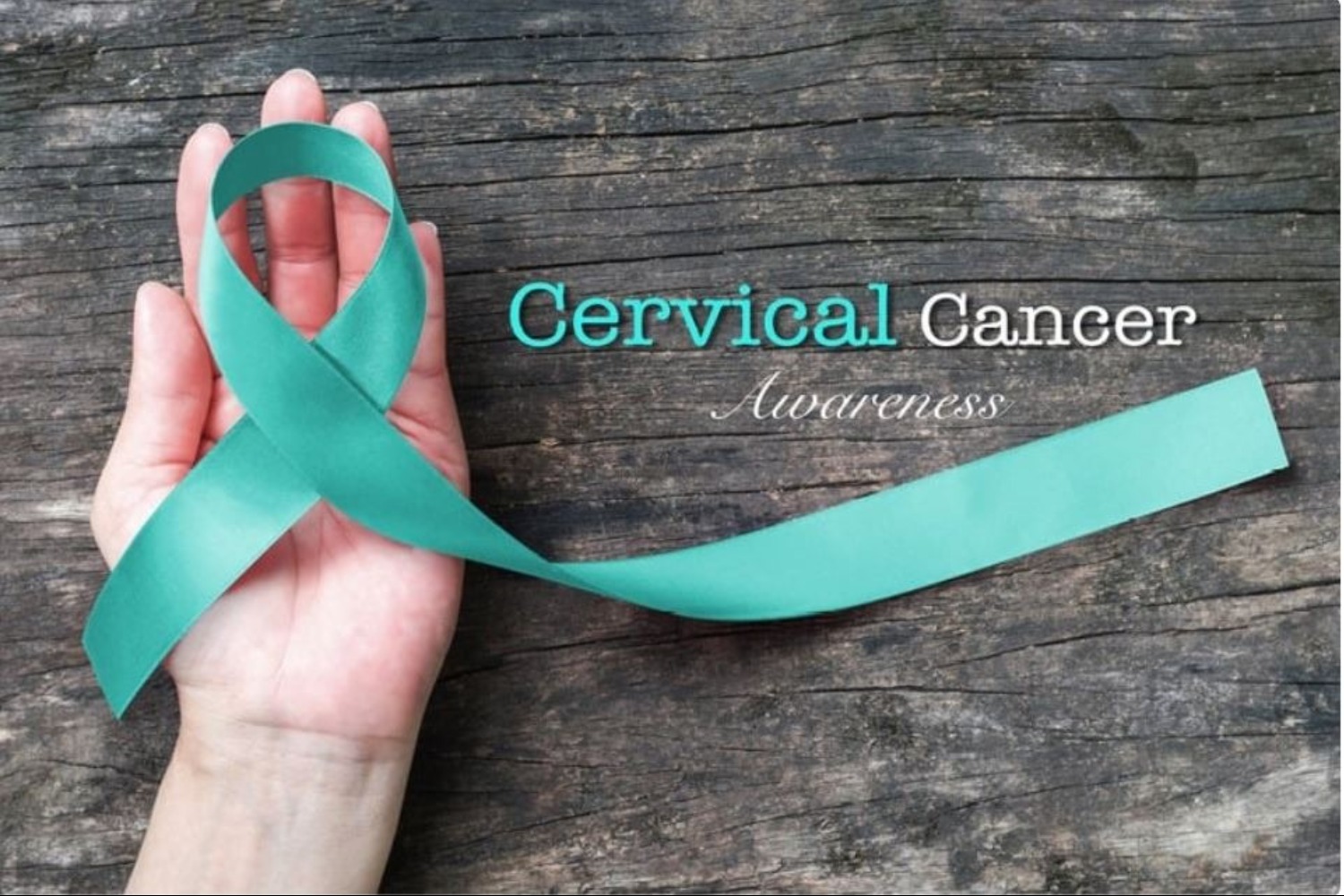By integrating cervical health into broader women’s health initiatives, the fight against cervical cancer can gain momentum and reach those who need it most.

Cervical cancer, a potentially preventable and treatable disease, continues to cast a shadow over women’s health globally. Despite the advances in medical science, the prevalence of cervical cancer remains a cause for concern. To subscribe please click tau.id/2iy6f and access our live channel.
ALSO READ: Cystic Fibrosis: Understanding the Details
Experts argue that a key aspect of combating this disease lies in breaking down social stigma surrounding cervical health and promoting enhanced genital hygiene; the significance of maintaining good genital hygiene as highlighted by medical professionals.
What is Cervical Cancer
Cervical cancer is cancer that starts in the cells of the cervix. The cervix is the lower, narrow end of the uterus (womb). The cervix connects the uterus to the vagina (birth canal). Cervical cancer usually develops slowly over time.

Before cancer appears in the cervix, the cells of the cervix go through changes known as dysplasia, in which abnormal cells begin to appear in the cervical tissue. Over time, if not destroyed or removed, the abnormal cells may become cancer cells and start to grow and spread more deeply into the cervix and to surrounding areas.
Cervical cancer is a form of cancer that affects the cervix, the lower part of the uterus. Human papillomavirus (HPV) infection, primarily transmitted through sexual contact, is a leading cause of cervical cancer.
Fact Check for Cervical Cancer
Cervical cancer is most common type of cancer in women of rural India. More than 60-70% of cancers are diagnosed in later stages with poor survival rate. Awareness and attitude of women towards cervical cancer screening may determine health-seeking behavior.
According to data from the National Cancer Registry Programme report, 10 per cent of women in Karnataka are suffering from cervical cancer. Every 7 minutes one woman dies of cervical cancer in India, experts say.
Breaking the Social Stigma
Discussing reproductive health, particularly issues related to the cervix and HPV, is often considered a taboo topic in many societies. This silence exacerbates the lack of awareness and discourages women from seeking preventive care and early detection.
Education campaigns and community outreach programs play a crucial role in dispelling myths, correcting misinformation, and fostering an environment where women feel empowered to prioritize their reproductive health without fear of judgment or discrimination.

Enhancing Genital Hygiene
Poor genital hygiene can contribute to the proliferation of infections, including HPV, and increase the risk of developing cervical abnormalities. Experts highlight the significance of promoting enhanced genital hygiene as a preventive measure against cervical cancer.
Maintaining good genital hygiene through practices such as proper cleansing, avoiding harsh chemical products, and wearing breathable underwear can significantly reduce the risk of infection. Furthermore, regular gynecological check-ups, including Pap smears and HPV testing, to detect any abnormalities early.
Collaborative Effort
To tackle cervical cancer comprehensively, it is crucial to foster collaboration among healthcare providers, community leaders, policymakers, and non-governmental organizations.
Governments and healthcare organizations need to prioritize preventive measures, including vaccination programs and screenings, particularly in underserved communities.
These partnerships can facilitate the development and implementation of effective awareness campaigns, educational programs, and accessible healthcare services.
Conclusion
Cervical cancer awareness is not only about understanding the medical aspects of the disease but also about dismantling the social barriers that hinder prevention and early detection. Despite the availability of preventive measures, cervical cancer continues to affect millions of women worldwide, especially in low-resource settings where access to healthcare services is limited.
One major contributing factor is the pervasive social stigma surrounding reproductive health, which often leads to a lack of awareness and delayed medical intervention. Breaking the silence surrounding cervical health and promoting enhanced genital hygiene are integral components of the holistic approach needed to combat this disease.




